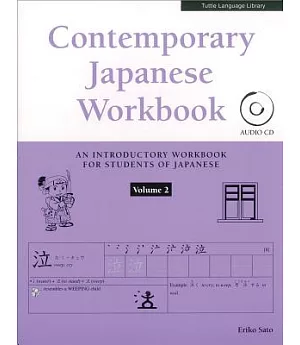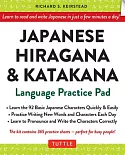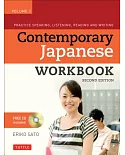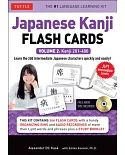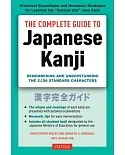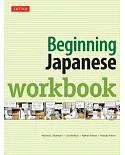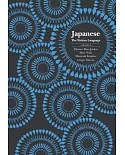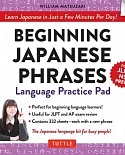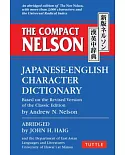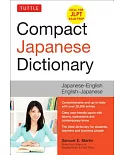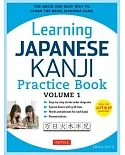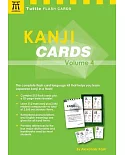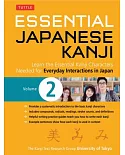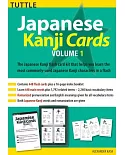Contemporary Japanese Workbook, Volume 2 was created as a supplementary material for
Contemporary Japanese: An Introductory Textbook for College Students. A workbook which is best
used for reviewing and reinforcing the concepts and learning materials introduced in the textbook, it is also designed to function as a standalone comprehensive workbook. Some of the features
included for this purpose are (a) presentation of a brief note on the concept tested before every question, (b) providing of vocabulary and kanji glossaries on unfamiliar words, and (c) an
audio input by native speakers. This workbook also offers materials in the business, traveling and daily life contexts, in addition to the college life context featured greatly in the
textbook.
Contemporary Japanese Workbook series comes in two volumes, consisting of 26 chapters (Chapter One to Fourteen in Volume 1 and Chapter Fifteen to Twenty–Six in Volume Two) in all. It
integrates all the information provided in the textbook. Each chapter in the workbook has specific objectives and includes the following six sections:
- Kanjia and vocabulary
- Grammar.
- Conversation and Usage.
- Listening Comprehension.
- Writing.
- New Vocabulary Reference List.
In
Contemporary Japanese Workbook Volume One, hiragana characters are introduced in Chapter One in the form of questions along with audio recordings, and are used in subsequent
chapters without ruby, in this case in romanji. Katakana characters are introduced in Chapter Four, also in the form of questions, and are used in subsequent chapters without ruby. Kanji
characters are introduced in the form of questions, accompanied by detailed information such as meanings, component equations, remembering guides, stroke order, and usage examples. The required
kanji characters in every chapter are introduced without ruby. When they appear again in the following chapters, ruby is sparingly provided, wherever it is thought to be helpful, and the use of
this pronunciation guide is gradually reduced. Non–required kanji characters occasionally appear with ruby to help learners get accustomed to kanji and thus, able to see the phrase boundaries
in a sentence easily.

